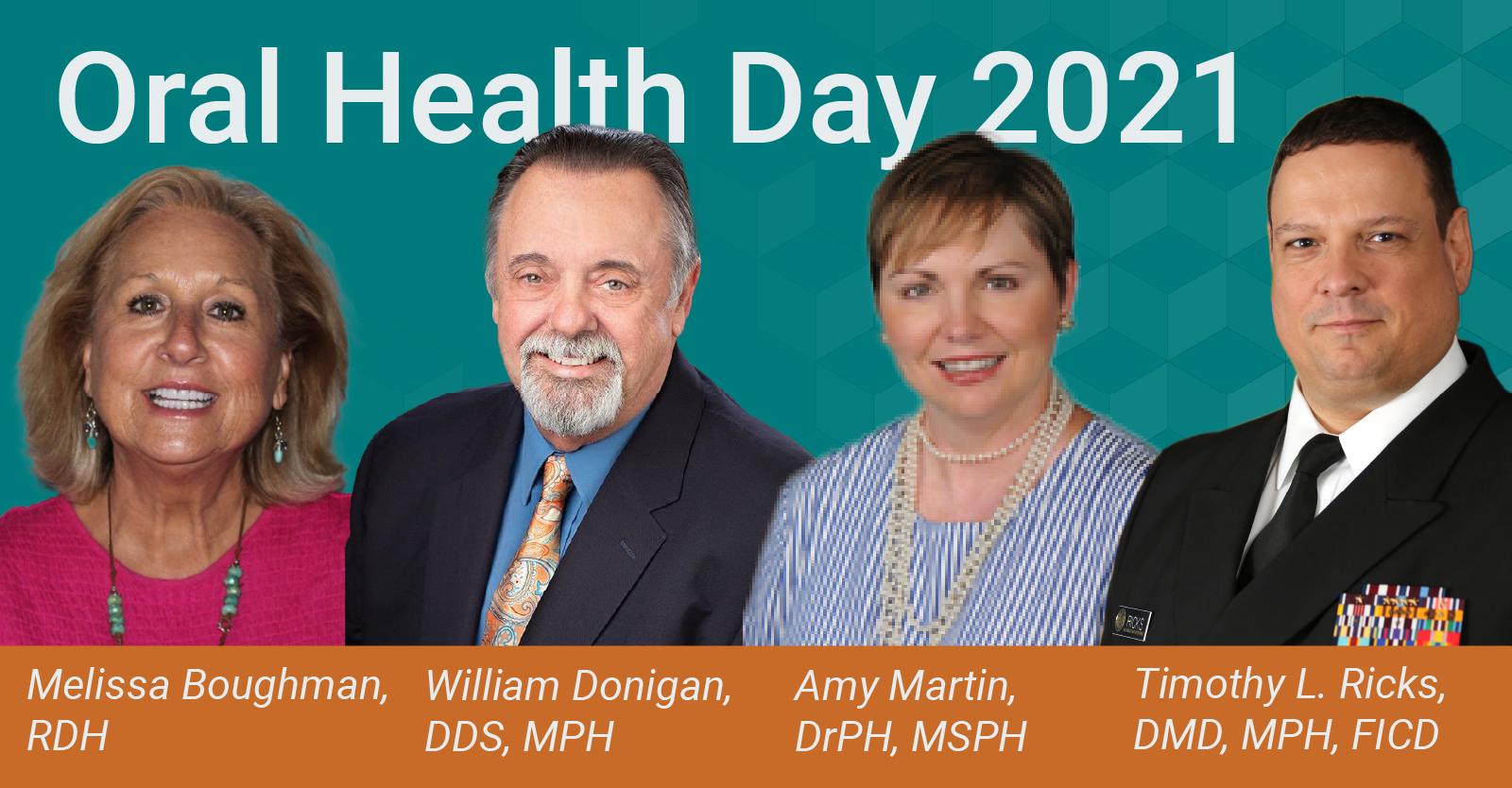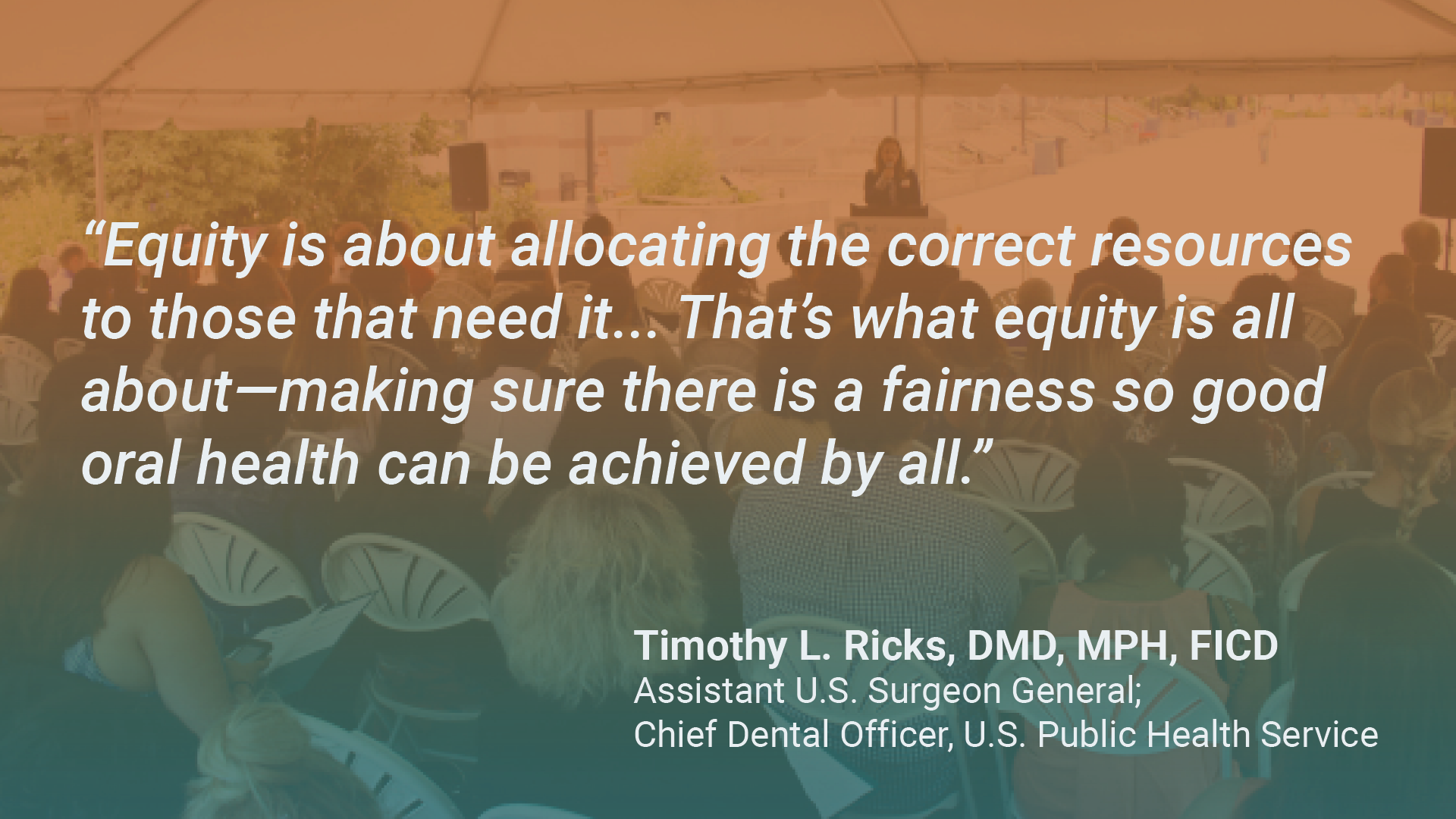Hannah Archer is an MPH student at UNC-Chapel Hill with a passion for public health dentistry. This summer, she worked with us at NCOHC to develop a policy brief on postpartum health benefits, while continuing to develop a research project to study the value of online resources for oral health care.
Could you tell me a bit about your career/education path prior to pursuing your current degree?
I studied Education and Biology in undergrad and was always interested in healthcare. I knew I wanted to pursue a career in dentistry, but wanted to learn more about the social components that play a role in oral health outcomes prior to starting dental school. So, I decided to apply to the Master of Public Health program at UNC Gillings. While here, I fell in love with oral health policy, and learned about NCOHC during a class I took on Dental Public Health. In August, I will begin my final year of my MPH, and recently applied to dental school in the hopes of attending dental school following my MPH.
Where are you in school, what are you studying, and why did you choose that program?
I am at the UNC Gillings School of Global Public Health studying to receive my Master of Public Health with a concentration in Health Policy. I chose this program because of the incredible opportunities at UNC, ranging from the incredible faculty, diverse peers, community-based learning experiences, and connections to organizations with a dedicated mission to improve public health.
What’s one fun fact about yourself?
I played tennis in college.
Where did you first hear about the North Carolina Oral Health Collaborative, and why did you want to pursue an internship with NCOHC?
I first heard about NCOHC when Dr. Zachary Brian spoke in two different health policy courses I was taking at UNC Gillings. His presentations were incredibly interesting and encapsulating. Even with an already established interest in oral public health, Dr. Brian made me feel inspired and driven to advocate for change. Later in the semester, I established a research project with a UNC Adams School of Dentistry professor and had the fortune to also partner with NCOHC. Given the extensive work and incredible opportunities I had over the past year to work with NCOHC, I knew there was no other place I wanted to pursue an internship and I feel incredibly fortunate to be here.
What about public health dentistry is intriguing to you?
While I aspire to have a career in dentistry and to spend time in clinical settings, I appreciate the broader focus of dental public health. I want to make an impact on dentistry at both the individual and population level. I particularly appreciate the focus of dental public health on increasing equal access to oral health care for all individuals. Through my position at NCOHC, I have seen just how significant the disparities in oral health outcomes are across the state and I aspire to make significant changes in my professional career.
Tell me a little about what you have worked on as an NCOHC intern. What do you hope to take away from the work you have been doing?
My internship revolves around two primary projects. In my first project, I am learning about public health communication by establishing a website to provide oral health information to providers and patients across North Carolina. The website includes oral health education for various populations, including pregnant mothers, children, individuals with intellectual and developmental disabilities, adults, and older adults. In the next stages of this project, I hope to provide this website to a majority of safety net clinics across NC without dental services.
In my second project, I am writing a policy advocacy paper on Senate Bill S530 that was presented to the NC General Assembly in April. The bill proposes to increase postpartum Medicaid coverage from 0 days to 1 year for North Carolina mothers.. In my policy brief, I am advocating to pass this bill so that postpartum mothers can receive both medical and dental Medicaid benefits. Through my research, I am learning a lot about the legislative process and the necessary components of advocacy (i.e., stakeholder support, lobbying, grassroots mobilization, etc.) necessary to pass a bill like this. In addition, I am learning about the social determinants of health that influence poor oral health in mothers and children, along with the significant health implications a bill like this could have.
If you could tell North Carolinians one thing you have learned that you think is important for everyone to know, what would that be?
Oral health starts before birth. I did not realize what a profound impact a mother’s oral health can have on their child, and that a child should be going to the dentist as early as one year of age. Unfortunately, the presence of oral health care and education is severely lacking in North Carolina, and this is something I hope to advocate for and address in my future dental public health career.
What’s next for you?
I just completed my applications to dental school. I hope to hear back from schools in December and I intend to pursue a residency in dental public health (and potentially pediatrics) following dental school.








